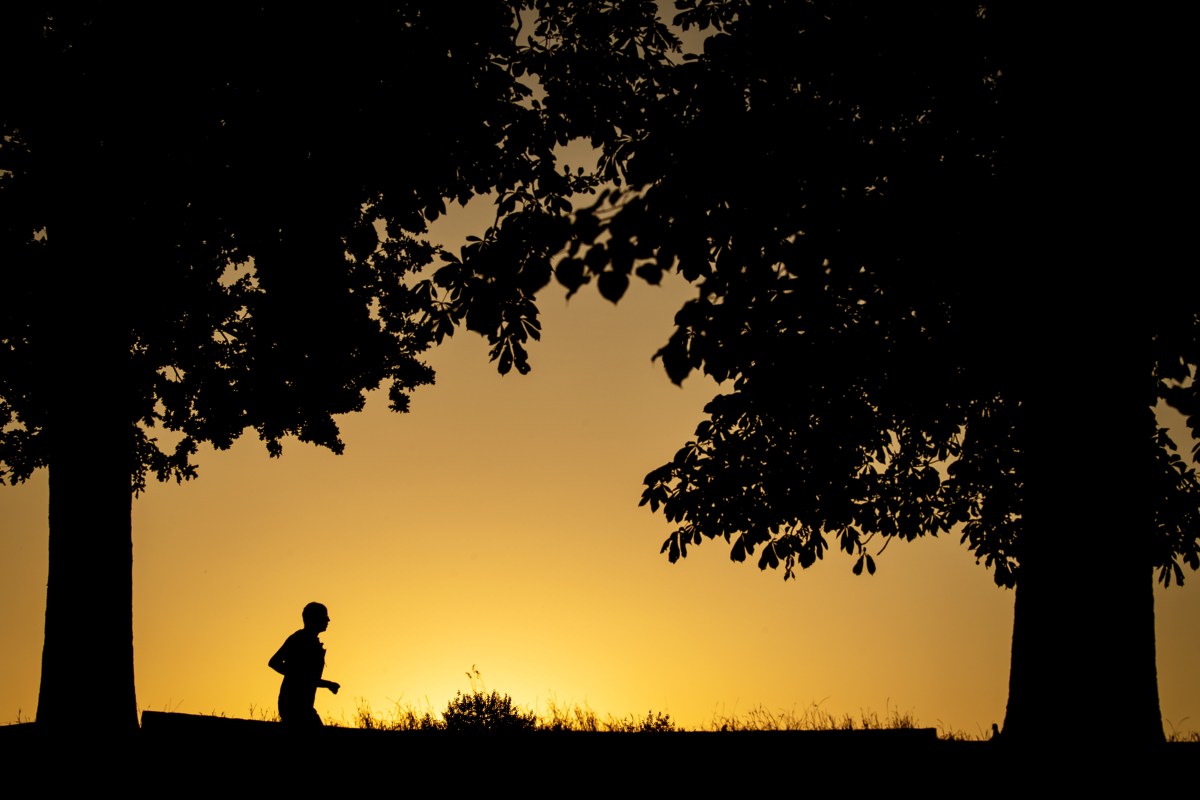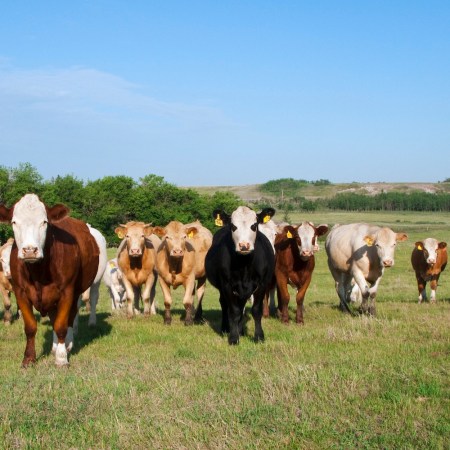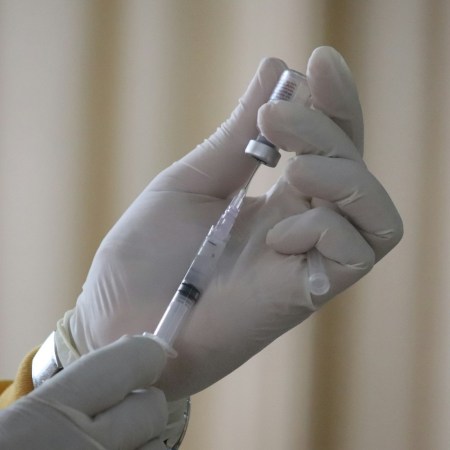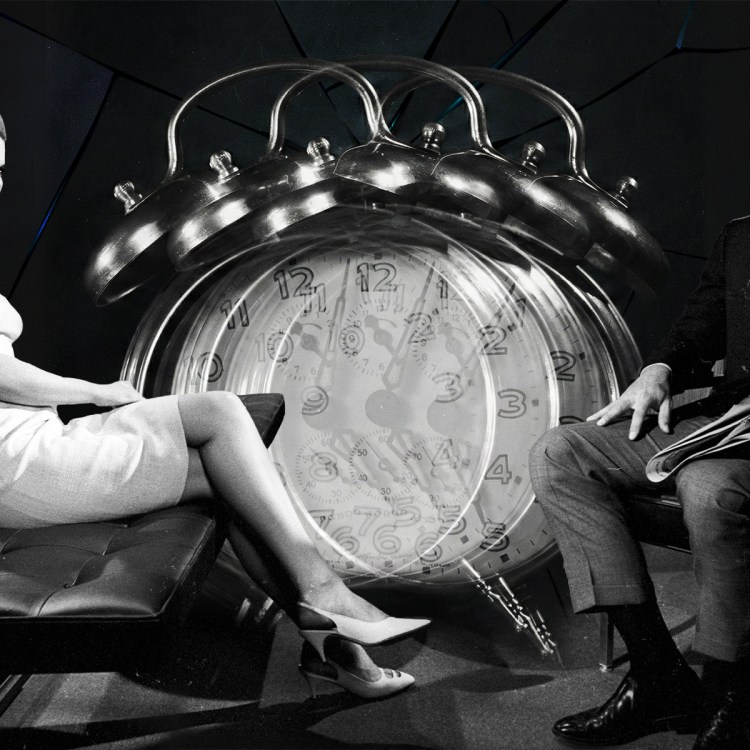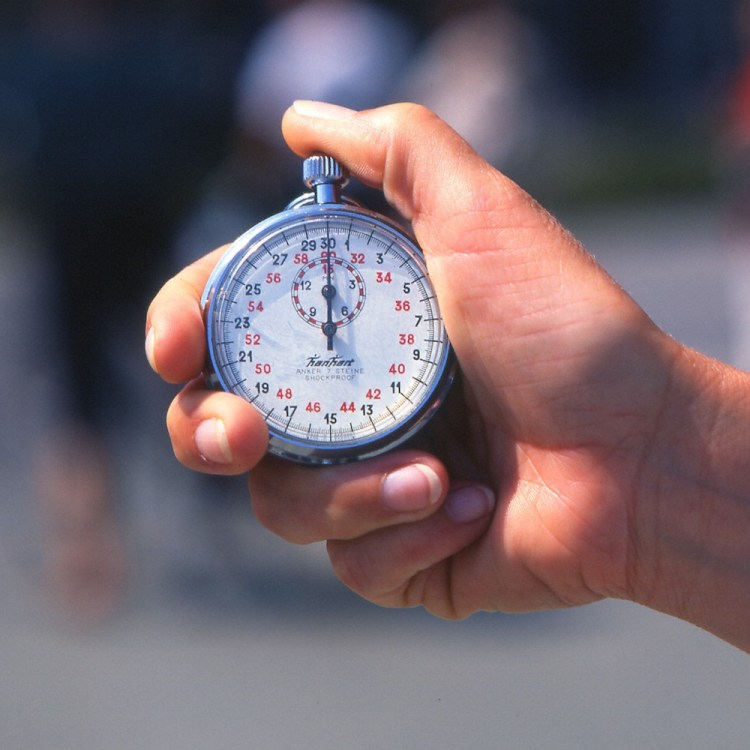Entrepreneurs like to go on podcasts and extoll the benefits of waking up before dawn. “Attacking” the day while everyone else is still asleep is their secret weapon, they say. They’ll then cite historical figures who reportedly slept less than five hours a night: Winston Churchill, Thomas Jefferson, Nikola Tesla.
But the young and ambitious creators who internalize this wisdom — and then spend years cursing their alarms and over-caffeinating their systems — should know that for some people, sleeping less isn’t a matter of grit. It’s a matter of genetics.
It’s possible that some of society’s most prolific early risers belong to an exclusive club known as “short sleepers.” The phenomenon has been studied by Ying-Hui Fu, a Professor of Neurology at UC-San Francisco’s Weill Institute for Neurosciences (and the recipient of the Harvard Medical School Division of Sleep Medicine Prize in 2021), for over a decade now.
The life of a short sleeper sounds almost too good to be true — they require just four to six hours of sleep per night in order to feel fully rested and “don’t suffer any of the adverse health effects associated with sleep deprivation,” according to Fu. Those adverse health effects are well-documented; for the 97% of the population that doesn’t have the luxury of “natural short sleep,” taking in less than seven hours of sleep on a nightly basis increases your risk of basically everything you don’t want. Obesity, depression, hypertension, diabetes, stroke, cardiovascular disease…you name it.
But despite clocking in well under seven hours each night, short sleepers actually exhibit desirable biomarkers across the board. Here’s an excerpt from Fu’s interview with UC San Francisco’s medical blotter in 2019: “Fu says researchers have found that short sleepers tend to be more optimistic, more energetic and better multitaskers. They also have a higher pain threshold, don’t suffer from jet lag and some researchers believe they may even live longer. Though the exact reasons for these benefits remain unknown, Fu and Ptáček think their work represents an important step toward understanding the connection between good sleep and overall health.”
The last point is key. By now, you’re probably feeling a little annoyed with these sleep-superheroes. (And especially if the influencer who yells at you through viral posts on LinkedIn is among their lucky ranks. No wonder that guy’s been so productive.) But know that whatever genetic irregularity is responsible for natural short sleep could pay us all back in kind.
Earlier this year, Fui published another study which discovered that so-called “elite sleeper genes” might be protective against certain neurodegenerative diseases. Her team bred mice with the intention of developing Alzheimer’s, but also genetically modified the mice by giving them a DEC2 or Npsr1 gene mutation. (Both are common among short sleepers.) Lo and behold, the brains of these mice “developed much less of the hallmark aggregates associated with dementia.” Using different short-sleep genes (there are five that have been identified, as of now) and testing for other forms of dementia, the result was the same.
What does all of this mean? Well, instead of just focusing on eight nightly hours of sleep as an irrefutable holy grail, we might want to shift our focus to improving individual genetic codes. With Fui’s research, pharmaceutical drugs could one day “target” the genes that streamline quality, disease-fighting sleep (regardless of how many hours that’ll involve in bed each night). Down the line, as Freethink notes, scientists might even be able to use CRISPR gene-editing to “grant people short sleeper powers.”
Does that mean we’ll all become high-performing inventors overnight? That’s up to you. Fui has a surprisingly relaxed take on her groundbreaking research. She told The Wall Street Journal earlier this year, “Everybody can use more waking hours, even if you just watch movies.”
The Charge will help you move better, think clearer and stay in the game longer. Subscribe to our wellness newsletter today.
